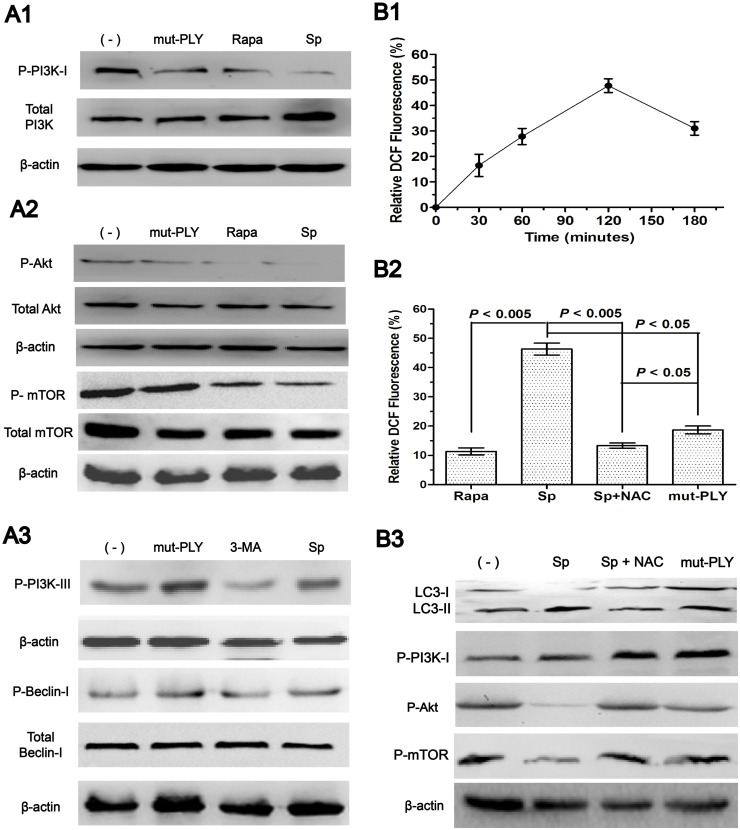Fig 4. Pneumococcus PLY induces autophagy by inhibiting the PI3K/AKT/mTOR pathway and it is mediated through ROS hypergeneration.
(A). Sp infection induced autophagy through the PI3K/Akt/mTOR inhibition pathway. A549 cells were infected with Sp for 1 h. A1. Western blotting of phosphorylated PI3K-I. Sp (st35A)-induced autophagy depends on P-PI3K-I inhibition. A2. Western blotting of phosphorylated Akt and mTOR. Sp inhibits Akt/mTOR signaling in A549 cells. A3. The expression levels of PI3K-III and Beclin 1 were not affected by Sp infection. (B). Sp infection induces ROS hypergeneration. A549 cells were infected with Sp for 1 h and intracellular ROS hypergeneration was observed in A549 cells. B1. A time-dependent intracellular ROS hypergeneration was observed in A549 cells infected with st35A. B2. ROS was significantly increased when the cells were infected with st35A (p<0.005). B3. The ROS-specific inhibitor NAC can upregulate PI3K/AKT/mTOR expression. Data are representative of three experiments with similar results. p-PI3K-I: phosphorylated PI3K-I; Rapa: rapamycin; Sp: S. pneumoniae; mut-PLY: PLY-deficient strain; ROS: reactive oxygen species; NAC: acetylcysteine (ROS inhibitor).

